If organic rice farming methods are implemented simultaneously and optimally in the Mekong Delta, it is possible to reduce nearly 11 million tons of CO2 emissions each year.
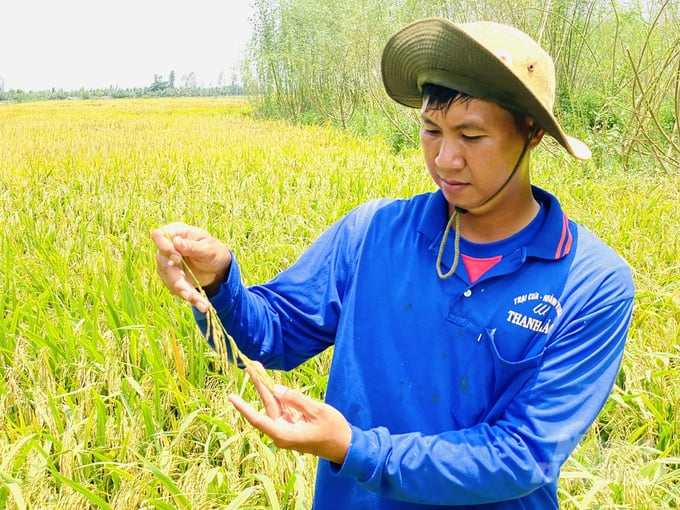
The organic rice production model “rice - fish - duck” at Quyet Tien Cooperative in Phu Thanh A commune, Tam Nong district, Dong Thap province is 3 - 4 million VND/ha/crop higher in efficiency than traditional production. Photo: Le Hoang Vu.
Rice cultivation in the direction of "following nature" is an inevitable and sustainable trend, bringing many benefits, achieving economic goals, protecting the environment, aiming at ensuring safety and protecting the future of the Mekong Delta region in the context of increasingly complex climate change.
Professor Andy Large, Project Director of Newcastle University (UK) commented on the research results of the 3 main components of the project "Research on the Mekong Delta" (Living Deltas Hub) for the period 2019 - 2024 as follows: "Developing agriculture in a natural direction is not only an economic story but also imbued with historical, social and local cultural elements, not only for today but also for future generations of the Mekong Delta in accordance with the spirit of Resolution 120 on sustainable development of the Mekong Delta adapting to climate change".
The Mekong Delta is facing many challenges, unsustainable development, and impacts from hydropower projects upstream of the Mekong River. Along with that, the Mekong Delta is also facing huge challenges from climate change, which changes rainfall patterns as well as increases drought and saltwater intrusion, affecting development prospects as well as long-term livelihoods of the people.
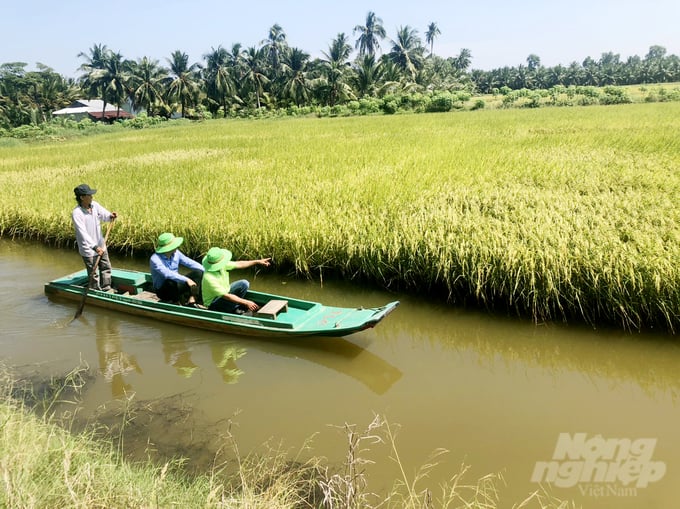
Rice-shrimp production model in Kien Giang. Photo: Le Hoang Vu.
Professor Andy Large believes that responding to climate change through "nature-friendly" solutions is an urgent requirement.
In fact, localities in the Mekong Delta have been implementing many agricultural cultivation solutions in the direction of "following nature" such as the Project on sustainable development of 1 million hectares of high-quality and low-emission rice cultivation associated with green growth in the Mekong Delta by 2030; smart rice cultivation model adapting to climate change; model of using organic fertilizers, biological pesticides; circular livestock farming, economy under forest canopy, rice-shrimp model...
Agreeing with this view, Dr. Nguyen Van Kien, Project Manager of An Giang University, said: The ecological and organic rice farming model is a unique form of "nature-friendly" agricultural farming associated with the Mekong Delta region, helping farmers adapt in harmony with nature and control according to the laws of nature to bring benefits to people while protecting the ecological environment.
“The foundation for promoting the development of organic agriculture in general and organic rice in particular is already there, and this is even an inevitable consumption trend. However, the value of agricultural production in the direction of 'following nature' is still not high and farmers have not benefited much.
On the other hand, in reality, not all models following the 'nature-oriented' direction bring high efficiency. Therefore, it is necessary to build small models to prove their effectiveness, then expand, combine with regional linkages, consumption linkages and market development to maximize benefits and create a nature-oriented agricultural culture for people," said Dr. Nguyen Van Kien.
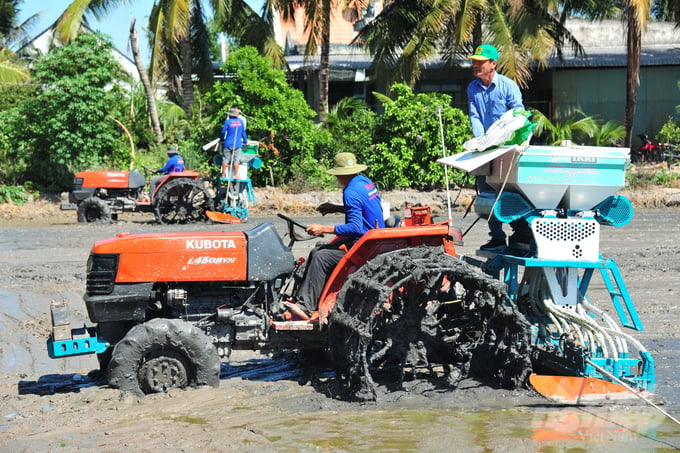
Currently, the Mekong Delta is vigorously implementing the Project for sustainable development of 1 million hectares of high-quality, low-emission rice cultivation. Photo: Le Hoang Vu.
The Ministry of Agriculture and Rural Development is implementing a project to sustainably develop 1 million hectares of high-quality and low-emission rice cultivation associated with green growth in the Mekong Delta. Dr. Nguyen Van Kien said that implementing the project means moving towards organic rice production by applying production techniques such as IPM, alternating wet and dry irrigation, “1 must, 5 reductions” and “3 reductions, 3 increases”.
If organic farming practices are implemented simultaneously and optimally across the entire 1.9 million hectares of rice fields in the Mekong Delta by 2030, emissions will be reduced by nearly 11 million tons of CO2 per year. Reusing 70% of straw for other uses will reduce greenhouse gas emissions by about 50% compared to burning straw in the fields.
In addition, the Mekong Delta can reduce 12-23 tons of CO2 by promoting climate-adapted farming and good agricultural practices, replacing inefficient rice land with climate-smart farming systems, reducing post-harvest losses and better straw management.
Source: https://nongsanviet.nongnghiep.vn/canh-tac-lua-thuan-thien-co-the-giam-phat-thai-gan-11-trieu-tan-co2-nam-d397862.html



![[Photo] President Luong Cuong receives heads of delegations attending the signing ceremony of the Hanoi Convention](https://vphoto.vietnam.vn/thumb/1200x675/vietnam/resource/IMAGE/2025/10/25/1761377309951_ndo_br_1-7006-jpg.webp)

![[Photo] President Luong Cuong and United Nations Secretary-General Antonio Guterres chaired the signing ceremony of the Hanoi Convention.](https://vphoto.vietnam.vn/thumb/1200x675/vietnam/resource/IMAGE/2025/10/25/1761370409249_ndo_br_1-1794-jpg.webp)

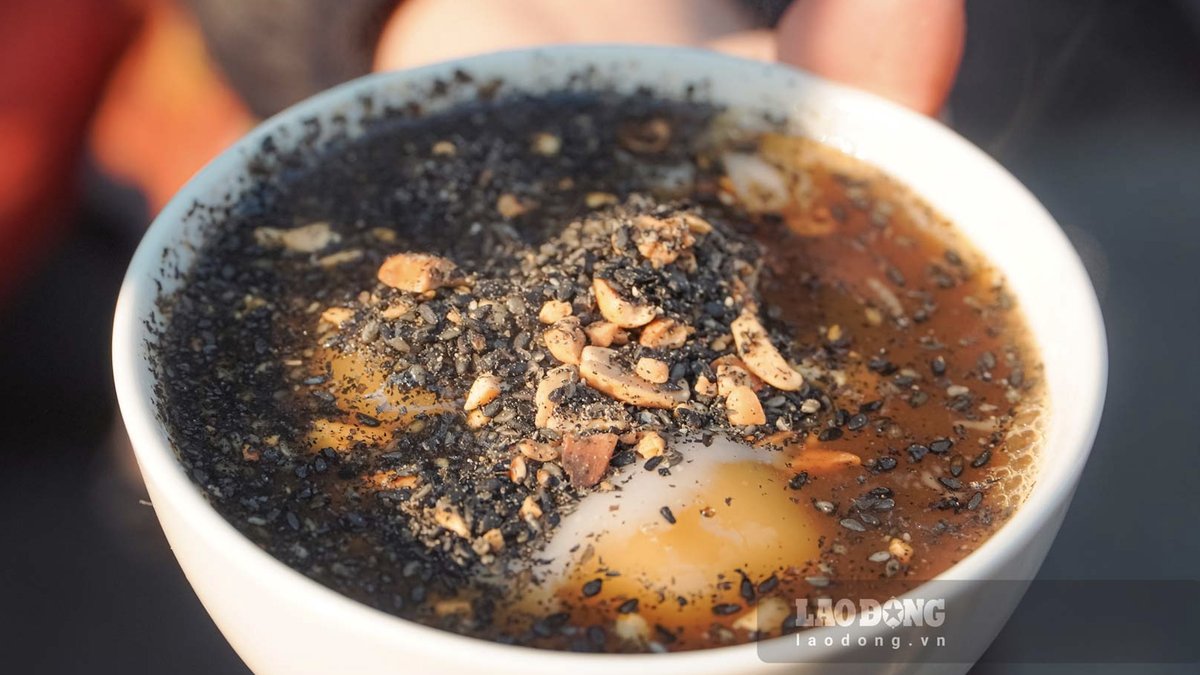
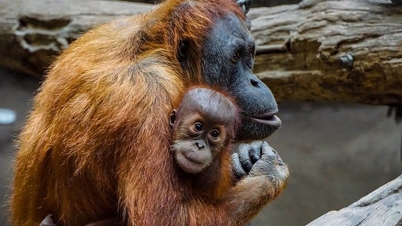

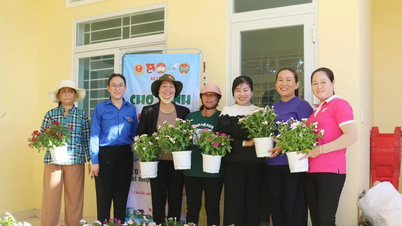

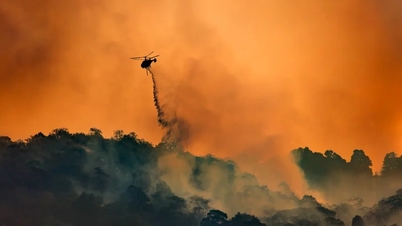

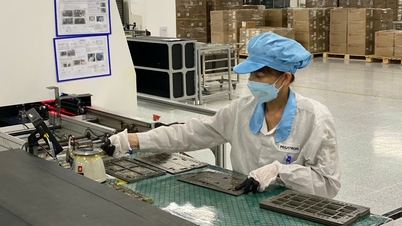

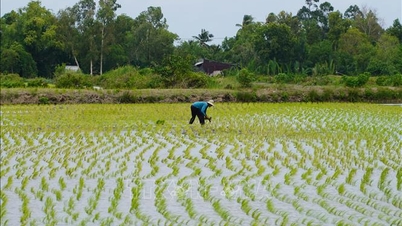

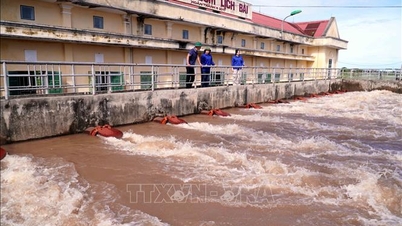
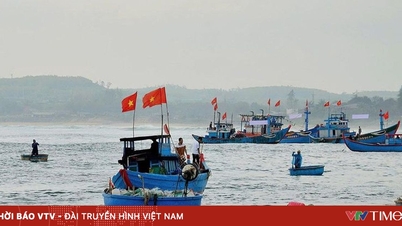


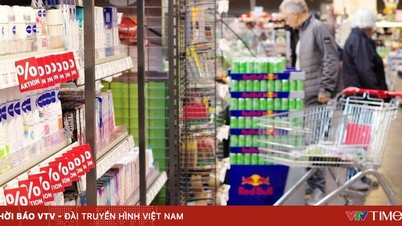

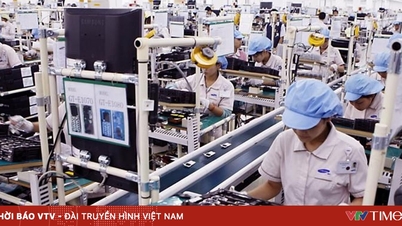
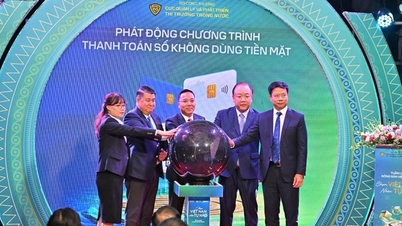







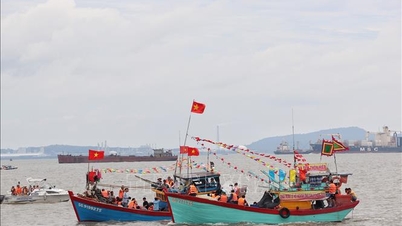

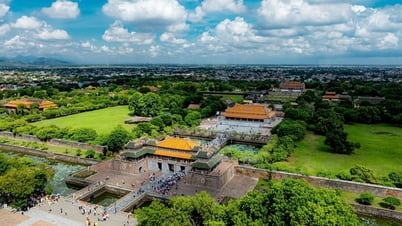

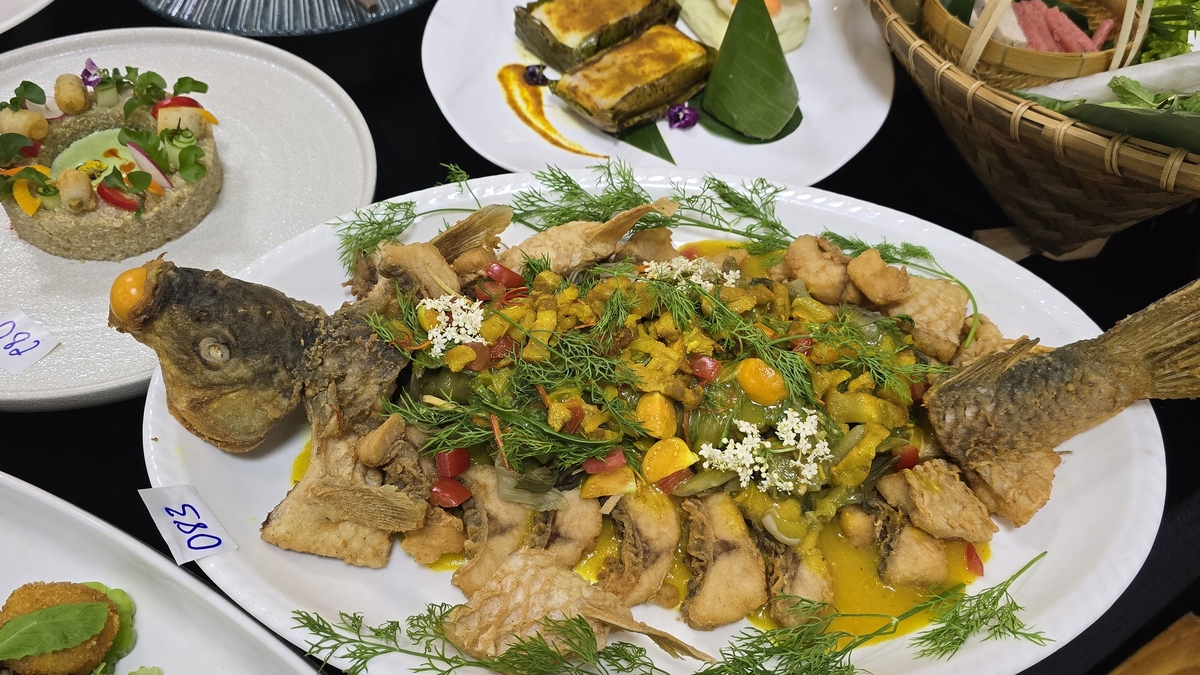








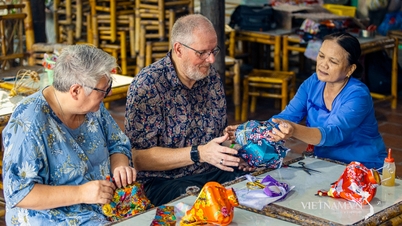

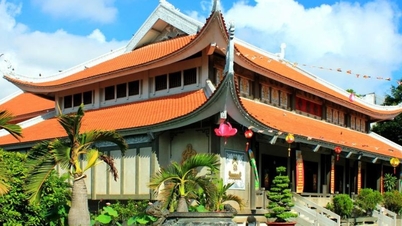























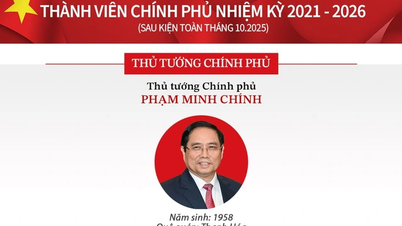

![[Photo] General Secretary To Lam receives United Nations Secretary-General Antonio Guterres](https://vphoto.vietnam.vn/thumb/402x226/vietnam/resource/IMAGE/2025/10/25/1761379090768_image.jpeg)


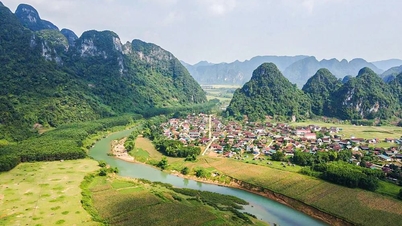

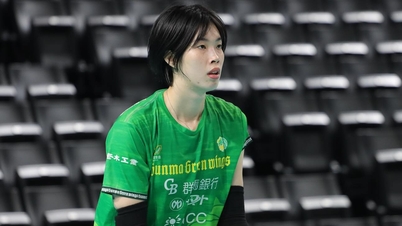




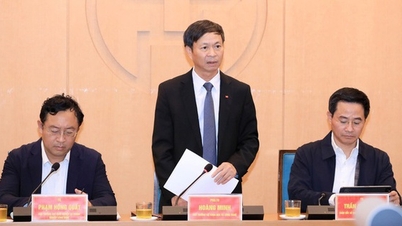
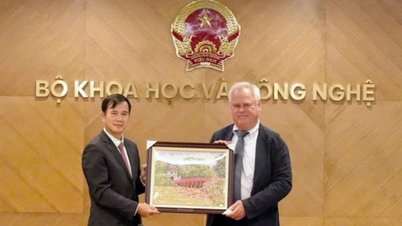
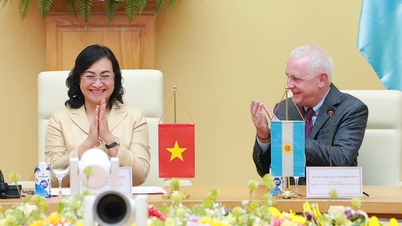

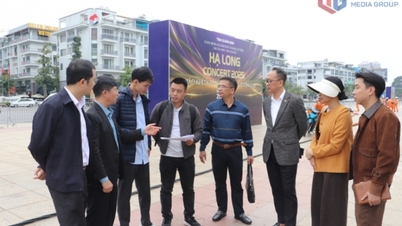


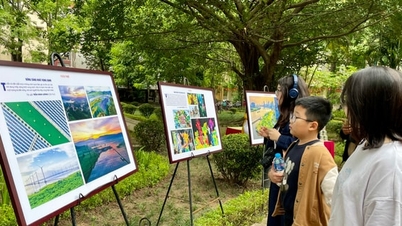



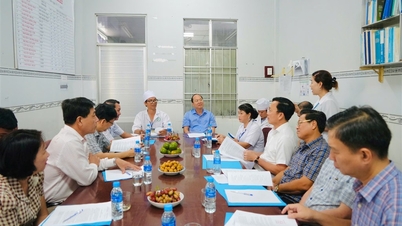
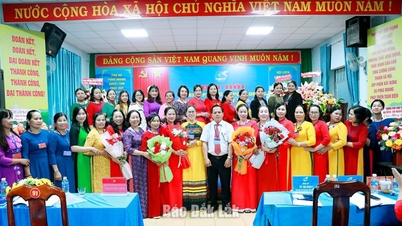












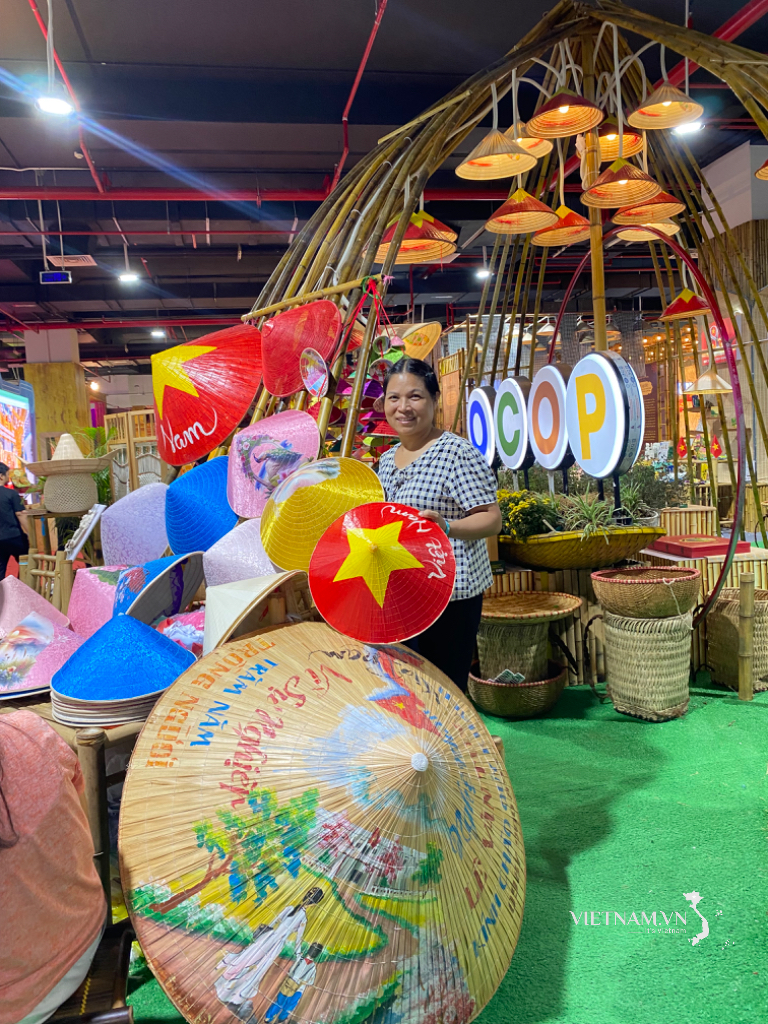


Comment (0)